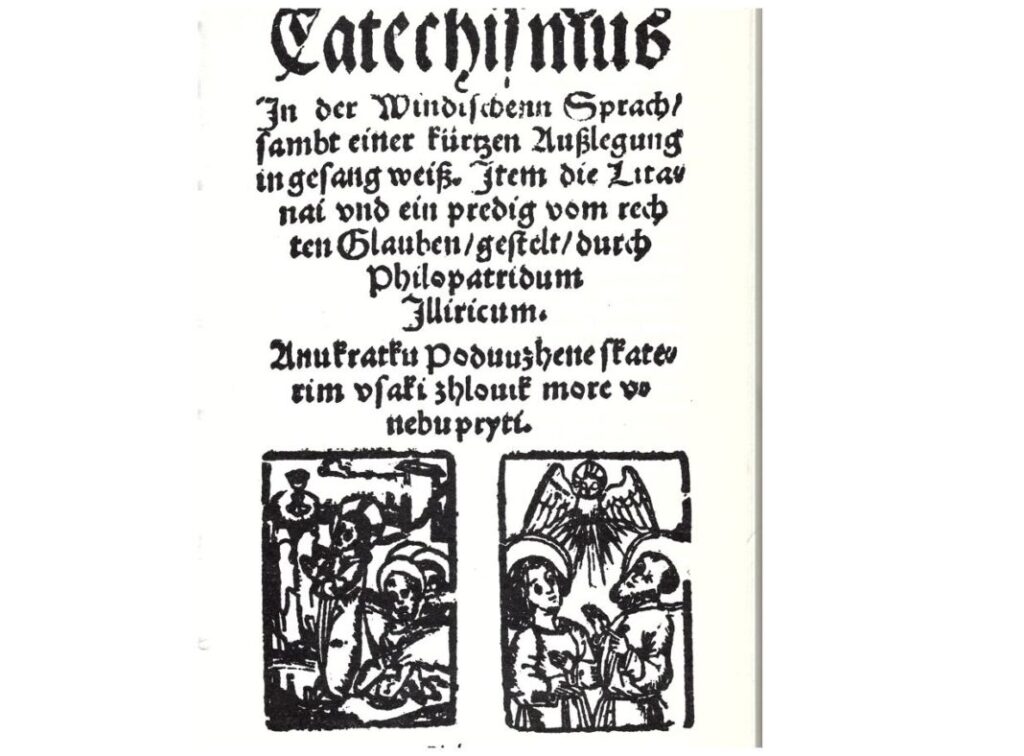Below is the message delivered by Prime Minister Janez Janša on the occasion of today’s national holiday – Reformation Day.
The poem Zdravljica by France Prešeren is about a nation that has fulfilled all its aspirations for freedom, unity, happiness and reconciliation. About a nation who spent centuries in chains to finally see the day “when o’er earth’s habitations, no war, no strife shall hold its sway, who long to see that all men free no more shall foes but neighbours be”. Zdravljica holds within it the soul of the Slovenian people. It reflects the beauty of our mother tongue.
Hearing Slovenian on the day we celebrated the birth of our independent and sovereign state was a particularly magical moment. Taking it for granted, we nearly forgot that there once were times when it was supressed and persecuted. That, in the past, we often had to fight for it, as special and different to other nations’ languages, so we could keep it alive to this day.
It therefore comes as no surprise that Reformation Day, marking the birth of the standard Slovenian language, became Slovenia’s national holiday in 1992, shortly after the country gained its independence. Slovenian language and culture are ingrained in the nation’s conscience. They are the key foundations on which our nation was built, affirming our identity with an independent and sovereign Slovenia. But the journey was long and strenuous. Marked by many historical events. Some beautiful and inspiring, others threatening our very existence. But through them we grew, learned and evolved as a nation. Sharpened our sense of survival. Stood up and stayed standing. Protected and preserved our language and culture. The heart of the Slovenian nation. Our physical and spiritual core.
All of this would have been much more difficult, if not impossible, were it not for the men that standardised the Slovenian spoken language. Without Primož Trubar, who published the first two Slovenian books in 1550, Primer and Catechism, without Adam Bohorič, who wrote the first Slovenian grammar book, Arcticae horulae successivae, without Sebastijan’s Krelj Children’s Bible, and without Jurij Dalmatin, who translated the Bible into Slovenian in 1584, Slovenian would only have existed as a spoken language. It could have gradually disappeared from everyday conversation, Slovenian words fading into oblivion. And if the language disappeared, so would the nation.
That is why the role of these historical personalities and Slovenian Protestants is so important to the existence of the Slovenian nation. The printing of the first Slovenian book set firmer foundations for the survival of the Slovenian language and nation. Just as standard Slovenian language put us on the map of developed European nations five centuries ago, our language is to this day, in the times of globalisation and blurred national borders, still an essential part of our cultural heritage and identity. The core of our nation’s consciousness. It is the connective tissue that binds us, preserves us and makes up our national identity.
I would like to sincerely congratulate you on the occasion of our national holiday, Reformation Day. Let us stay proud of our mother tongue.
Janez Janša
Prime Minister of the Republic of Slovenia


